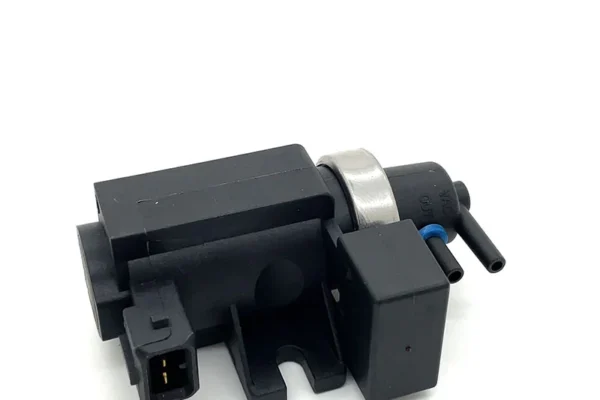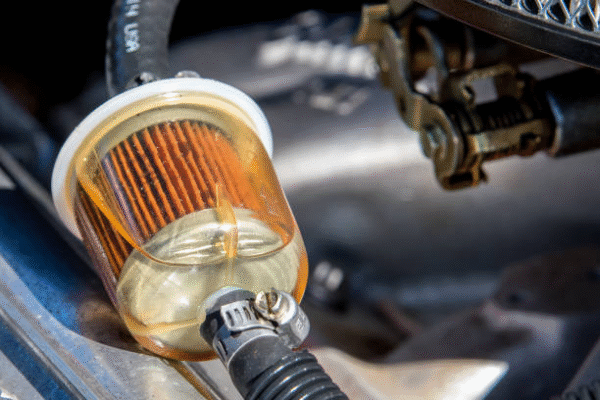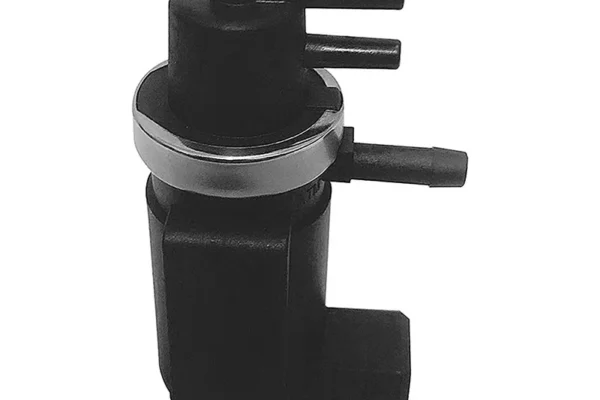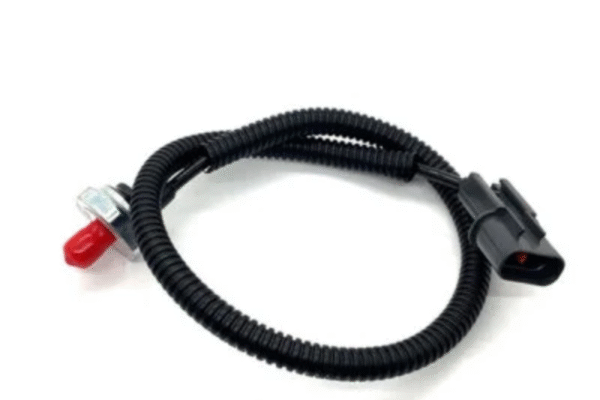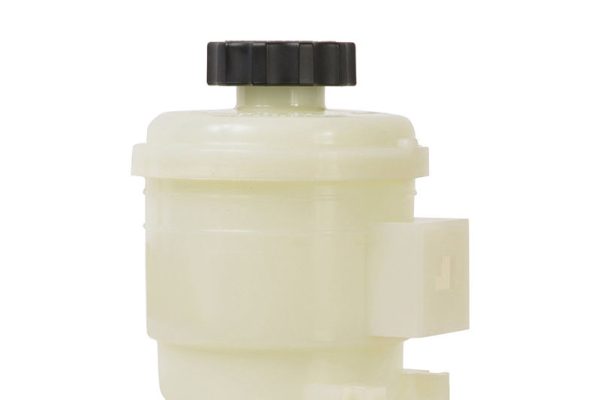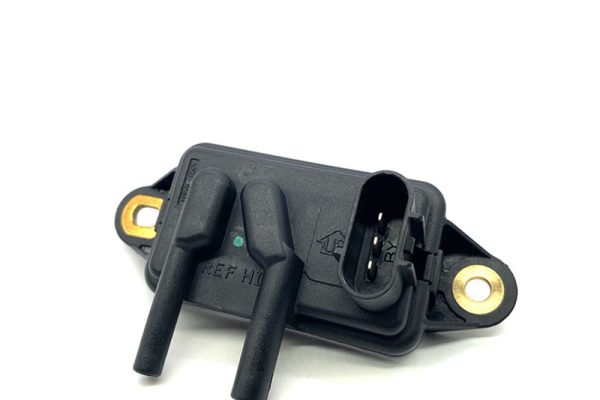Fuel filters are like the ”purifier” of the fuel system, effectively filtering impurities, water, and tiny particles in the fuel to ensure that the engine can obtain clean fuel, thus prolonging the life of the engine and improving fuel efficiency. However, in the face of a wide range of fuel filters on the market, car owners are often caught in a dilemma of choice: whether to choose the relatively high price but reliable quality of the OEM fuel filter, or to choose a more cost-effective sub-factory fuel filter? This article will analyze the characteristics of these two types of filters in detail, and provide a practical guide to help you find the most suitable fuel filter for yourself.
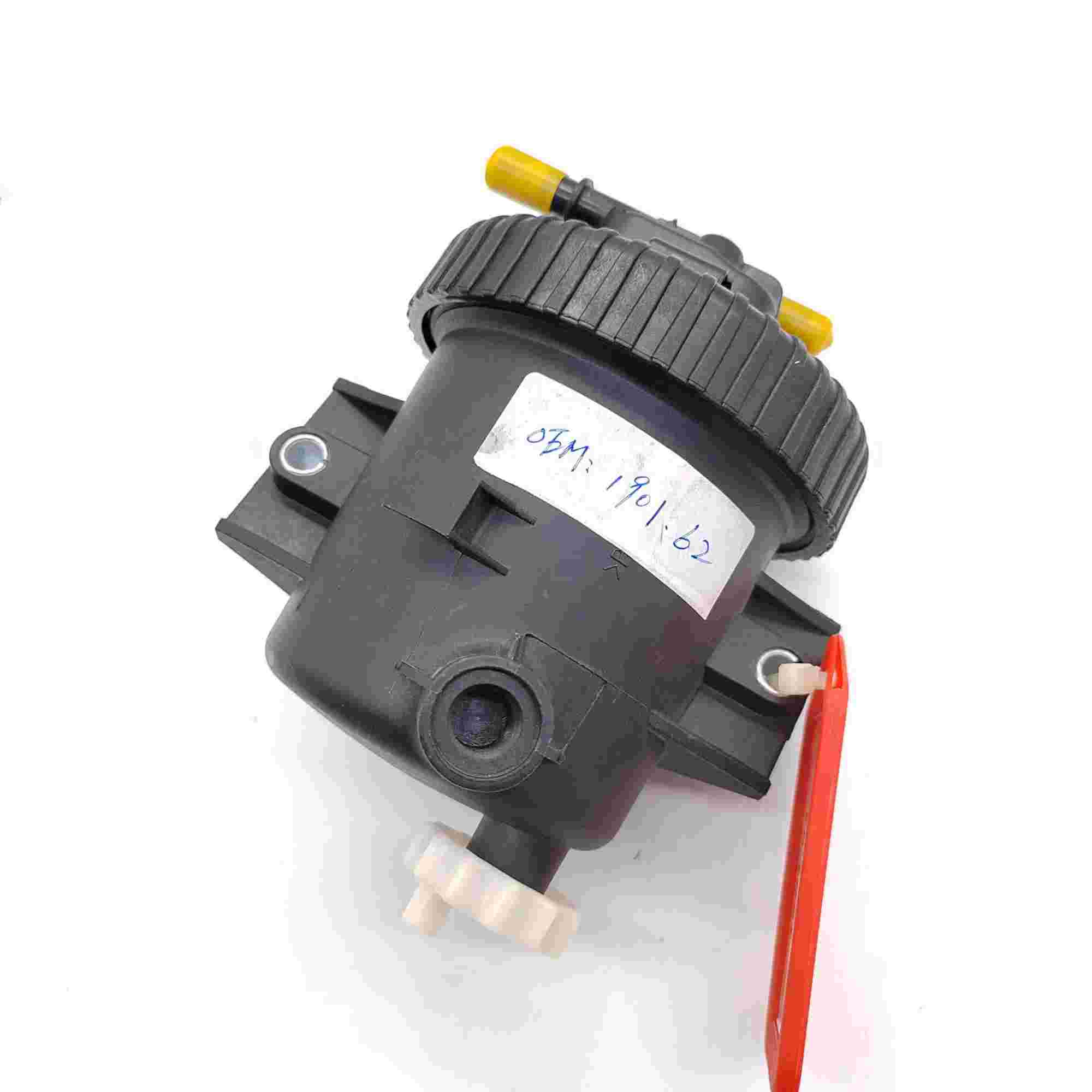
Differences Between OEM and Sub-factory Fuel Filters
Before we look at fuel filter options, we first need to understand what OEM fuel filters and sub-factory fuel filters are.
OEM fuel filters, or Original Equipment Manufacturer filters, are filters specified by the vehicle manufacturer to match the vehicle’s original design and manufacturing standards.OEM filters are manufactured to provide optimum protection for the vehicle by adhering to the vehicle manufacturer’s quality standards and design requirements. They typically have high filtration accuracy, good durability, and a perfect fit for the vehicle.
A sub-factory fuel filter, on the other hand, is not produced by the original equipment manufacturer. They are usually produced by specialized parts manufacturers, and while they may not have the same brand recognition as OEM products, they do have excellent quality and performance. The advantage of sub-factory filters is that they are relatively inexpensive, and at the same time have a high degree of versatility and adaptability to meet the needs of a wide range of vehicle makes and models.
OEM vs. OEM Filter Comparison
1. Quality and Performance
OEM Fuel Filters: OEM filters usually come with a high level of quality assurance as they are manufactured to the exacting standards of the automobile manufacturer. They have a high filtration accuracy that effectively filters out impurities and tiny particles from the fuel, ensuring that the engine receives clean fuel. In addition, OEM filters are more durable and can maintain stable performance in harsh operating environments for a longer service life.
OEM Fuel Filters: Although OEM filters are relatively inexpensive, their quality is not necessarily inferior to that of OEM filters. Many high-quality sub-factory fuel filters with multi-layer filter media and folding technology can effectively filter impurities and fine particles from fuel down to a few microns. In addition, the metal casing of the sub-factory filter has good corrosion and pressure resistance to maintain stable performance in harsh operating environments, while the internal filter element adopts advanced folding technology to increase the filtration area and improve dirt-holding capacity, thus prolonging its service life.
2. Adaptability
OEM Fuel Filters: OEM filters are designed for specific models and are perfectly compatible with the vehicle’s fuel system. This means there is no need to worry about fitment issues after installation, providing the best possible protection for your vehicle. However, OEM filters are less versatile and usually only fit certain makes and models of vehicles.
Subfactory Fuel Filters: Subfactory filters are more diverse in design and highly versatile. They can be adapted to a wide range of vehicle makes and models, whether it is an ordinary family car, SUV, or large truck and bus, you can find a suitable filter product. This versatility allows the sub-factory filters to have a wider range of applications in the market.
3. Prices
OEM Fuel Filters: OEM filters are relatively expensive, primarily due to their higher production costs and brand name value added.
Subfactory fuel filters: Subfactory filters are relatively low in price and cost-effective. They are able to save vehicle owners a certain amount of maintenance costs under the premise of ensuring the basic use function.
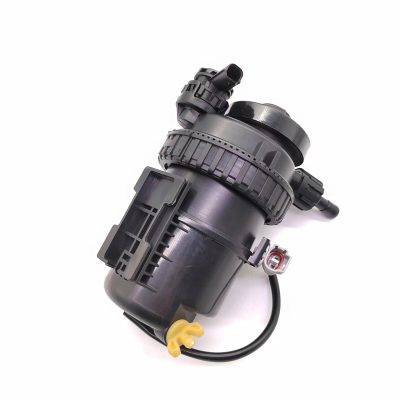
Which Filter is Better for You?
When choosing a fuel filter, car owners need to make decisions based on their actual needs and budget. Here are some suggestions for scenario-based choices:
1. Vehicle Owners with High Requirements for Vehicle Performance
OEM fuel filters are the best choice if you demand the highest level of performance and reliability from your vehicle, such as driving a high-performance vehicle often or over long distances, OEM filters provide optimal engine protection and ensure that your vehicle will perform well in all conditions. Although they are more expensive, in the long run they can reduce the number of engine failures caused by filter problems, which in turn reduces maintenance costs.
2. Economy-oriented Car Owners
If you don’t require much performance from your vehicle, but are more concerned about economy, a sub-factory fuel filter is a good choice. Under the premise of guaranteeing the basic function, the price of sub-factory filters is relatively low, which can save a certain amount of maintenance costs for vehicle owners. In addition, the generality of the sub-factory filters is strong, can be adapted to a variety of brands and models of cars, convenient for owners to choose.

Conclusion
When choosing a fuel filter, there is no absolute “best”, only the most suitable for you, OEM fuel filters and sub-factory fuel filters have their own advantages and disadvantages, car owners need to make a choice according to their actual needs and budget. If you have high-performance requirements, an OEM filter is the best choice; if you are more concerned about economy, a quality OEM filter is also a good choice.
FAQ
OEM fuel filters are made by the original vehicle manufacturer and offer high-quality, precise fit, and optimal performance. Sub-factory filters are made by third-party manufacturers, often more affordable and versatile but may lack the same brand recognition.
Yes, many sub-factory fuel filters use advanced technologies and materials to provide good filtration and durability. They are often cost-effective and suitable for a wide range of vehicles.
Sub-factory filters are highly versatile and can fit a wide variety of vehicle makes and models. They are a good option if you want a cost-effective solution without compromising on basic functionality.

